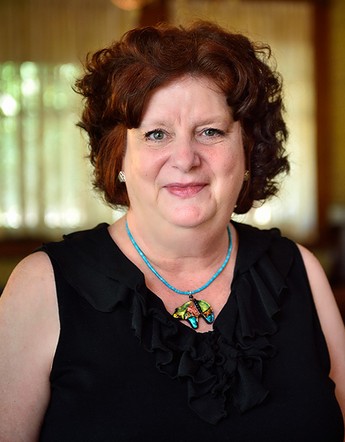“Professional Points” by Annetta Ramsay, Ph.D., LPC-S, NCC, CEDS
Eating Disorder Specialists
When I began treating eating disorders many years ago, the field wasn’t established. I wanted to make a difference after watching classmates struggle with illnesses like anorexia and bulimia that weren’t yet named as a college dance major.
For over three decades I’ve been fortunate to participate in a growing body of knowledge about how best to treat these deadly illnesses. We now know that eating disorders have a strong genetic predisposition, and that biology isn’t destiny because we have treatment protocols that work.
We need to develop a clear definition of what makes an eating disorder specialist.
Recently, I noticed a dangerous trend after a friend who works for an eating disorder treatment facility told me her company believes eating disorder specialists keep patients too long before referring them to a higher level of care.
I started thinking about how many patients tell me at the initial session that they are worse after seeing several “specialists.” They believe they are untreatable, and many wait to attempt therapy again. I avoid negative comments about other therapists, pointing out that working on depression/anxiety is an important starting point.
The same patients report the therapist never inquired about the eating disorder, insisting they clearly indicated it was a goal. Because I know many therapists in the city where I work, I sometimes say, “She’s an excellent therapist, but I know she doesn’t consider herself an eating disorders specialist.”
Websites of therapists patients believe are specialists usually don’t mention eating disorders, and when they do, eating disorders are listed alongside at least ten other conditions. In my book, that makes someone a generalist; specialties require extra knowledge. I’m comfortable probing about eating behaviors, and I know it’s helpful when the patient states “you are asking the right questions.”
The problem is that most clients get referrals from insurance companies and Psychology Today. Those entities ask therapists what conditions they treat. Applicants increase their referral base if they check all the boxes. Although therapists don’t represent themselves as specialists, patients may make that assumption when the heading says “Eating Disorders.”
Patients struggling with eating disorders can get worse while they see a therapist they believe is a specialist, and their worsening condition may lead them to conclude they are hopeless.
Several things need to be done.
First, insurance companies and referral sites like Psychology Today need to understand the misconception they create when they list therapists who are simply willing to treat eating disorders. Eating disorders are the most deadly mental illness. Losing valuable treatment time with inexperienced therapists isn’t in anyone’s best interest, and it can be disastrous for patients.
Second, we need to help the general public understand that eating disorders are a specialty best done by someone with specialized training in eating disorders in addition to general training.
Most importantly, we need to clarify what it means to be an eating disorders specialist. While I’m proud to have the CEDS designation, I understand many therapists who are talented at treating eating disorders are not CEDS certified. Our patients deserve clarity. Our field has progressed to the point that we need to start a conversation about what it means to be an eating disorders specialist.
And that conversion should begin now.
Annetta Ramsay, Ph.D., is a nationally certified and licensed professional counselor. She is also a Certified Eating Disorders Specialist – Supervisor. She is an OpEd Thought Voices Fellow.
The opinions and views of our guest contributors are shared to provide a broad perspective of eating disorders and not intended as endorsement by iaedp Foundation, Inc. or its Board of Directors.






